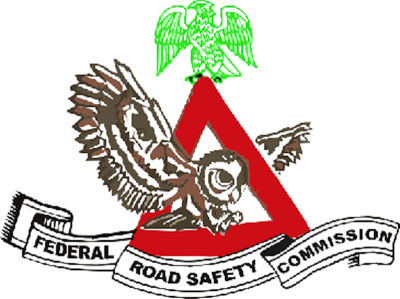The House of Representatives has passed for second reading a bill to amend the Federal Road Safety Commission (FRSC) Act, 2007, which seeks to establish a Road Safety Special Armed Squad. This bill, sponsored by Hon. Abiodun Derin Adesida (APC, Ondo) and Hon. Olaide Lateef Muhammed (APC, Oyo), aims to provide the FRSC with more powers to manage road traffic safety and administration effectively.
Key Provisions of the Bill
The proposed legislation includes provisions to empower the FRSC with the responsibility for road traffic administration and safety management. It specifically seeks to:
- Establish a Road Safety Special Armed Squad: This squad will be tasked with the enforcement of road safety laws, particularly in high-risk areas where traffic violations and road accidents are prevalent.
- Ensure Senior Officers’ Benefits: The bill also proposes that Road Safety Corps officers of the rank of Deputy Corps Marshal and above enjoy benefits tied to their grade, particularly in relation to retirement entitlements. This would align with the career benefits attached to other uniformed services.
- Broaden FRSC’s Powers: The FRSC would be empowered to:
- Prevent and minimise road traffic crashes on public roads.
- Supervise road users and regulate traffic.
- Clear obstructions on public roads.
- Educate drivers, motorists, and the public on proper road use.
FRSC: Modernisation of Traffic Enforcement
In a related motion, the House urged the FRSC to adopt modern technology in its operations to enhance traffic enforcement and improve road safety. The recommendations included using technologically-assisted enforcement systems, such as:

- Automatic Vehicle Location Systems: These allow real-time tracking of vehicles to enforce speed limits and other traffic regulations.
- Automated Traffic Enforcement Systems: Cameras and sensors can detect violations such as speeding or running red lights without physical intervention.
- Advanced Analytics and Data Platforms: These tools can analyze traffic patterns to predict and prevent accidents.
These resolutions were based on a motion presented by Hon. Garba Ibrahim Muhammad, who called attention to the need for a more efficient, safe, and less intrusive method of enforcing road traffic regulations.
Issues with Current FRSC Enforcement
Hon. Muhammad expressed concerns about the FRSC’s existing enforcement practices, particularly the use of physical checkpoints. He highlighted several risks associated with these methods:
- Safety Hazards: Checkpoints located on steep inclines or declines pose dangers to motorcycles and tricycles, increasing the risk of accidents.
- Traffic Bottlenecks: Checkpoints, particularly during peak hours, often lead to traffic jams and delays.
- Corruption Allegations: There have been reports of FRSC officials soliciting bribes at checkpoints and impounding vehicles for minor offences.
- High-Speed Chases: The FRSC’s practice of using motorcycles or vehicles to chase down traffic offenders can lead to high-speed pursuits, endangering both the public and road users.
Muhammad called for the commission to evaluate the effectiveness of these enforcement strategies and determine whether technologically-assisted methods would be safer and more efficient in reducing traffic violations and improving road safety.
Moving Forward
As the bill progresses through legislative processes, the focus will remain on balancing the need for stringent traffic enforcement with modern, technology-driven solutions that reduce risks to the public and ensure compliance with traffic regulations.
The House’s call for modernisation reflects a broader trend towards using technology to enhance public safety and reduce the negative impacts of traditional enforcement methods.

If passed into law, this bill could significantly impact road safety in Nigeria by empowering the FRSC with greater tools to perform its mandate while ensuring the safety and rights of road users.









